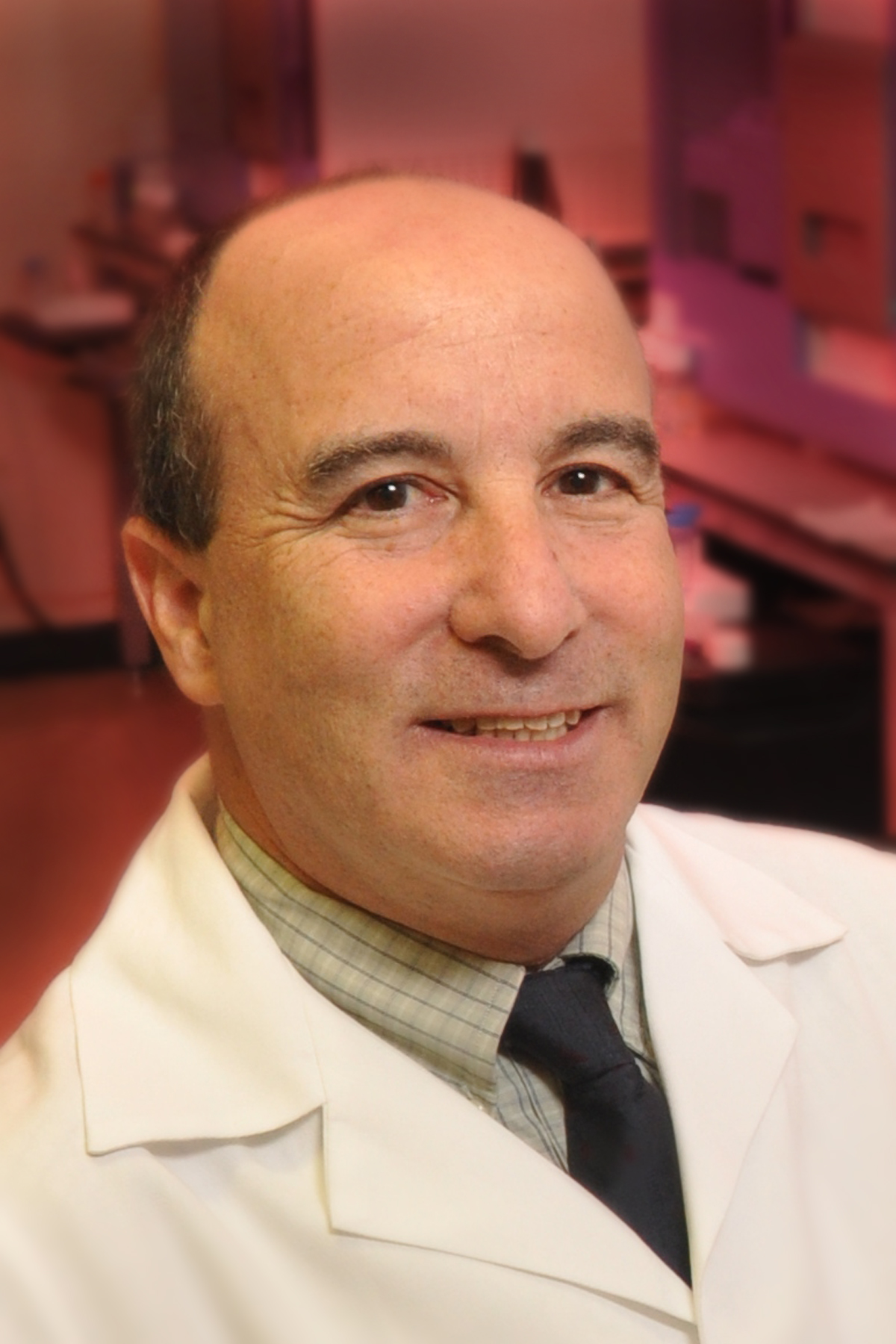PhD
Professor, Cell Biology and Physiology
UNC-Chapel Hill
Cancer Cell Biology
Area of Interest
Research in the Randell laboratory focuses on aerodigestive tract cancers, stem cells, regulation of cell proliferation and differentiation, innate immunity, cystic fibrosis and in vitro models. His laboratory provides skills, knowledge and abilities particularly related to, but not limited to, aerodigestive tract epithelial cell biology, experimental design, procurement of human tissues, cell isolation and culture, and cell manipulation and characterization. Randell also directs the UNC Marsico Lung Institute/Cystic Fibrosis Center Tissue Procurement and Cell Culture Core, a nationally and internationally recognized resource, whose services are sought for collaboration, contract research, and training by academics, non-profit organizations, biotech and the pharmaceutical industry.
Awards and Honors
- Highly Cited Researchers (Top 1%), Web of Science, Clarivate Analytics, 2023


